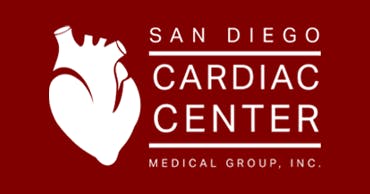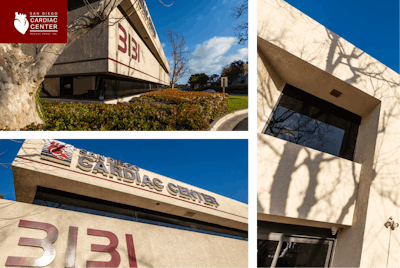At San Diego Cardiac Center, we prioritize accuracy, safety, and early detection in cardiovascular diagnostics and offer PET/CT Stress Tests—no exercise required.
Advanced Diagnostics
The PET/CT stress test—short for Positron Emission Tomography/Computed Tomography—is one of the most advanced imaging tools available for evaluating coronary artery disease. This test provides detailed information about blood flow to the heart muscle, helping our physicians assess how well your heart is functioning, even before symptoms appear.

What Is a PET/CT Stress Test?
A PET/CT stress test combines two powerful imaging techniques:
- Positron Emission Tomography (PET) assesses blood flow and cellular function.
- Computed Tomography (CT) creates high-resolution images of the heart’s structure.
Together, they give a precise view of how blood flows through the coronary arteries both at rest and under stress. Unlike traditional nuclear stress tests, PET/CT uses advanced tracers and technology to deliver sharper images with significantly less radiation.
Why Is It Performed?
This test is used to:
- Detect coronary artery disease (CAD)
- Evaluate chest pain or unexplained shortness of breath
- Assess blood flow after a cardiac event or intervention
- Determine the effectiveness of previous procedures, such as stents or bypass surgery
- Provide information for preoperative cardiac risk assessment

What to Expect During a Cardiac PET/CT Stress Test
Your PET/CT stress test involves two parts: imaging at rest and imaging under stress. Here’s how it works:
- Rest Phase: A small amount of radioactive tracer is injected to assess resting blood flow. You’ll lie on a scanning table while images are taken.
- Stress Phase: A medication will be administered to simulate the effects of exercise on the heart (if you are unable to perform physical exercise). Another dose of the tracer is then injected.
- Second Scan: Additional images are taken to compare blood flow under stress versus rest.
The entire process is noninvasive and typically takes under an hour. There are no surgical procedures involved—just imaging and a medication administered through a small IV. From start to finish, the test is designed to be efficient, comfortable, and easy to tolerate. It requires no incisions, anesthesia, or recovery time, making it a safe and convenient option for evaluating your heart health.
Most patients experience little to no discomfort during the test. The most commonly reported sensations include a brief feeling of warmth or mild flushing when the medication is given to simulate exercise. These effects are temporary and generally resolve within minutes. After the procedure, most individuals can return to their regular activities right away, unless advised otherwise by their doctor.
What to Expect During a Cardiac PET/CT Scan

Is It Right for You?
A PET/CT stress test may be recommended if you:
- Have symptoms of chest pain, fatigue, or shortness of breath
- Have risk factors for heart disease (e.g., high cholesterol, diabetes, hypertension, smoking)
- Previously had inconclusive or abnormal stress test results
- Require a pre-surgical heart evaluation
- Have a family history of heart disease

Why Choose San Diego Cardiac Center?
At San Diego Cardiac Center, your care is led by board-certified cardiologists with extensive experience in interpreting advanced cardiac imaging. They provide clear, personalized guidance based on your test results, helping you understand your heart health and next steps with confidence.
We use state-of-the-art PET/CT technology to ensure accurate, safe, and comfortable testing. From preparation to follow-up, our team is dedicated to providing personalized, compassionate care every step of the way—combining medical expertise with a patient-first approach.

